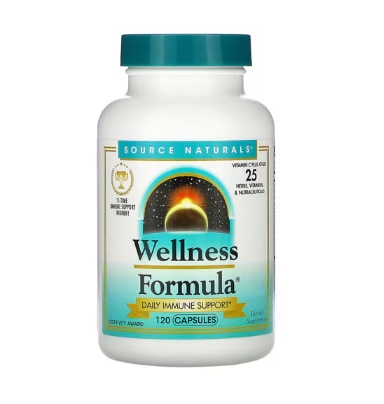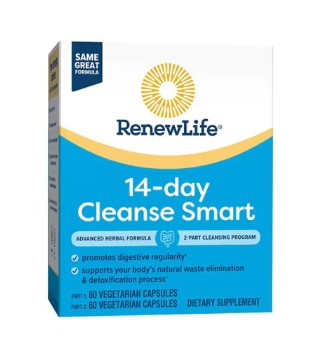We’ve all come across people deemed to have a good work ethic. We might even be part of that club. A good work ethic means that things get done, that working hard is a virtue.
But working hard isn’t universally good. It can mean sacrificing health and sanity, focusing too much on one thing, which throws everything else out of whack.
An ethic instead aimed at well-being butts up against a work ethic in ways that many would argue are better for us.
What is a Wellness Ethic?
“A Wellness Ethic is a holistic approach to well-being, and it includes a focus on mind, body and spirt, and oftentimes people would leave it at that, but it goes way beyond,” says Mark Reinisch, a life coach based in Charleston, South Carolina, and author of The Wellness Ethic: How to Thrive in an Unpredictable World (Where Stupid Things Can Happen). “It’s important because today’s world is very disruptive. Change is happening at a ferocious pace, and people are struggling to keep up.”
A Wellness Ethic — Reinisch trademarked the term — “empowers individuals to live balanced, purposeful lives, enabling them to feel and share love in all that they do,” he says. It’s “a value-centered devotion to wellness and its intrinsic ability to better one’s existence and society at large,” to quote his definition.
And it spares little in each of our worlds, but for good reason.
“It’s also the annoying stuff: all the things you do to keep your life above water,” Reinisch says. “When you add it all up, your well-being is never perfect. But if you focus holistically and move forward in a positive direction around those elements, you’re going to find that you thrive a lot more, where you get to the state that you nurture the wonderful gift of your existence.”
Reinisch isn’t immune to life’s aching hollow or the drumbeat to work harder. He has walked the walk and figured making light of it in a book would prove relatable.
“I purposely used struggling to bring the concepts to life and to show that an average person, like myself, who has struggled with well-being, can apply the insights and techniques to transform their own life,” he says. “Improving your life should be fun, and reading about improving your life should be fun.”
Here are some of the ways adopting a Wellness Ethic can make life more rewarding:
Your physical health improves.
Your relationships strengthen.
Your emotional intelligence grows.
You’re better able to navigate life’s challenges.
You prevent burnout.
You feel a greater sense of purpose.
You’re more joyful.
Sound too good to be true? Reinisch says it’s not.
“Nurturing a Wellness Ethic doesn’t have to be complicated,”he says. “In fact, you’ll thrive more if you keep it simple. Build healthy habits, step by step.”
Here are 5 steps help you adopt a Wellness Ethic
1. Start with the basics: physical health
– Get regular exercise.
– Eat a balanced diet that relies on whole foods.
– Practice good sleep hygiene.
2. Cultivate mental health
– Embrace positivity: Use affirmations, even something as simple as putting a note that says “positivity” on your computer, fridge or bathroom mirror works.
– Reframe automatic negative thoughts: Don’t jump to conclusions, make broad generalizations or blow things out of proportion.
“Simply appreciating small joys throughout the day” can help, Reinisch says.
3. Find spiritual growth
– Take walks in nature.
– Meditate.
– Mindfully engage with your surroundings by immersing yourself in what you see, hear or taste.
“Engaging fully in the present moment,” is what you want, Reinisch says.
4. Strengthen relationships
– Be kind, including when you interact with strangers.
– Communicate openly.
– Spend quality time with loved ones.
– Share your good fortune with others.
Acceptance and communication strengthen relationships and are “key predictors of relationship health and overall life satisfaction,” Reinisch says.
Don’t forget your relationship with yourself. The more you love yourself the more you’re able to love others.
– Celebrate your wins, big and small.
– Forgive yourself for regrets.
– Refuse to compare yourself to others.
– Align your thoughts and actions with your values.
– Say “no” to something so you can say “yes” to something that matters more to you.
5. Consider your professional life
– Bring “satisfaction density” to your professional pursuits: Diversify your professional life by speaking at a conference or offering your skills to a nonprofit.
“You want your experiences to be satisfaction-dense to optimize love much like you want what you eat to be nutrient-dense to optimize your health,” Reinisch says.” A satisfaction-dense experience delivers a potent dose of love relative to the time and resources you put into it. That love, which produces happiness and fulfillment, feeds your mind, body and spirit.” This applies to experiences beyond the realm of career, as well.
– Adopt a productive mindset to counter today’s disruptive climate: Be open to new ideas and different ways of doing things, stay positive, and know that your abilities can grow over time.
“If your career is not fulfilling, then that may become the next priority,” Reinisch says. “Discover your life purpose, and work toward aligning your career to what you love to do. It won’t happen overnight, but by moving forward in the direction of a satisfying career, you remove dissatisfaction from your life and replace it with positive energy.”
Featured Products



The post How a Wellness Ethic Can Help You Thrive in a Chaotic World first appeared on The Upside by Vitacost.com.

